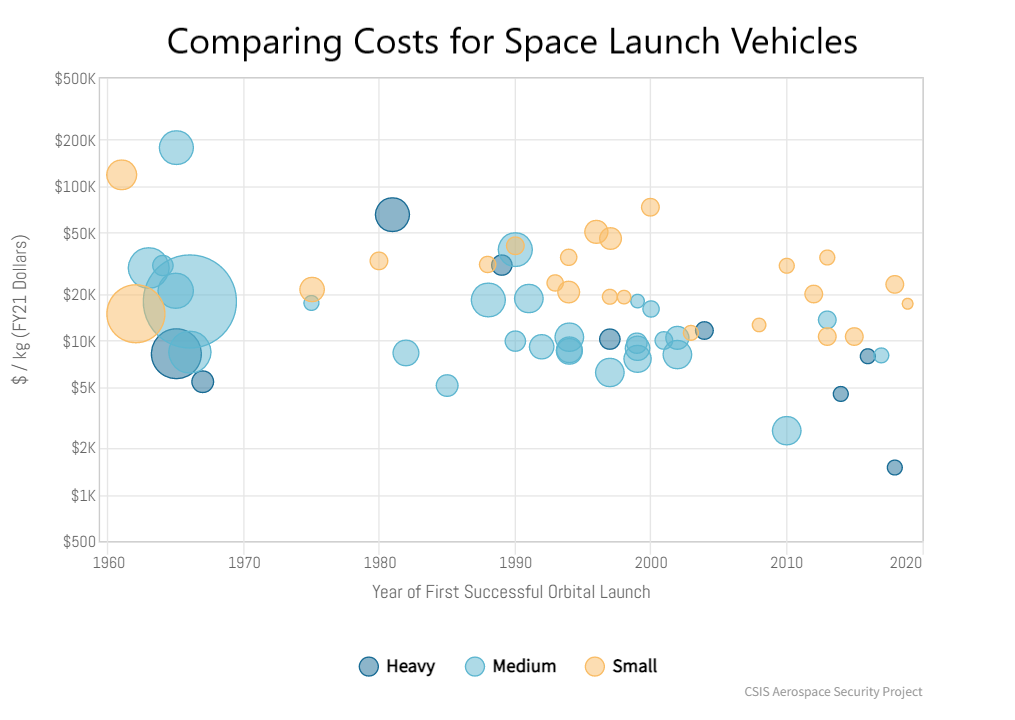While still in the green for 2023 (up 26% year-to-date), SoFi Technologies (NASDAQ:SOFI) shares have languished at or near current prices over the past few months. Many uncertainties have been a drag on returns for SOFI stock.
But these multiple layers of near-term uncertainty work to your advantage if you are a growth investor with a long time horizon.
Yes, based on current results for this fintech firm/neobank, shares may appear pricey, but paying up today could prove to be a profitable move in hindsight.
As the aforementioned issues come to pass, this digital-first financial institution may be poised to come out ahead. SoFi’s operating results could improve to a greater extent than currently priced into the stock, resulting in a big comeback for shares.
With this, let’s take a closer look, and see why now may be an ideal time to accumulate a position.
| SOFI | SoFi Technologies | $6.11 |
How Long Will the Market Wait?
It’s not surprising that investors continue to hold a lukewarm view on SoFi Technologies. Recession fears continue to loom and are now again on the rise.
The fallout from last month’s banking crisis continues to hang over the financial services industry, including those in the fintech/neo-bank space. That’s not all.
A uncertainty more specific to SOFI stock than other fintech names continues to loom as well, the continued moratorium on student loan repayments.
This policy has depressed results for the company’s legacy business.
Still, while these issues have kept the overall market in “wait and see” mode with SOFI, that may not be the case for too much longer. Next week, the company releases its latest earnings report.
Given the strength of its last quarterly earnings release, and with expectations so low, positive surprises may be ahead.
Even better, there could be some other positive developments coming up that shift sentiment from “on the fence” back towards bullish.
A Path Back to the Double-Digits
The situation may look uncertain for SOFI stock today, but prospects should brighten from here. A conclusion to the “student loan saga” appears to be around the corner. The other shoe could finally drop regarding whether there’s a severe or mild recession, or even a recession at all.
There may be some upward revisions to guidance in the aforementioned forthcoming earnings release. Yet even if management’s forecast stays as-is, merely delivering results in line with expectations may be enough to spark and sustain a reversal for SOFI shares.
For the full-year 2023, management has guided for nearly 30% revenue growth, and for SoFi to hit GAAP profitability by Q4 2023 (quarter ending Dec. 31, 2023).
Even as the stock would remain pricey, meeting or beating guidance will enhance confidence that results will continue to improve in the years ahead.
Namely, that starting in 2024, earnings take off like a rocket. Analyst estimates two years out call for earnings per share (or EPS) of 20 cents. Some estimates go as high as 50 cents. That’s likely enough to send SOFI back above $10 per share.
Buy Before SoFi Knocks It Out of the Park
Don’t get me wrong: it’s not as if the only play with SOFI is to buy now at $5.75 per share, hold it for a year or two, and flip for prices in the low-teens per share. Over an even longer timeframe, the bull case for SoFi could really take shape.
Building up the deposit base at its federally-chartered bank, SoFi is poised to keep grabbing market share from “old school” banks.
Acquisitions like its recent deal to buy mortgage lender Wyndham Capital further bolster its bona fides as a financial services giant in the making.
In addition, through further growth of its Technology Platform segment, SoFi is well-positioned to give larger, established fintech and payment technology companies a run for their money.
Taking this into account as well, grabbing SOFI stock today, before it really starts knocking it out of the park, appears to be a worthwhile move.
On the date of publication, Thomas Niel did not hold (either directly or indirectly) any positions in the securities mentioned in this article. The opinions expressed in this article are those of the writer, subject to the InvestorPlace.com Publishing Guidelines.



